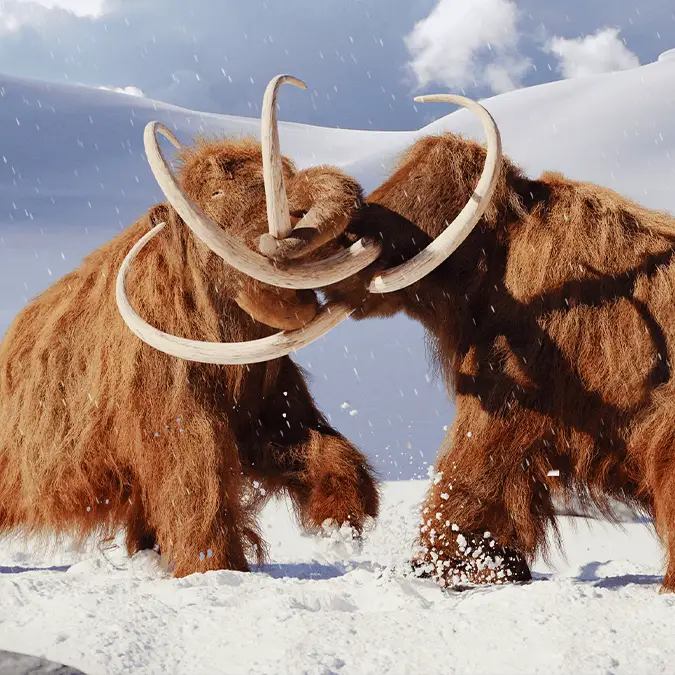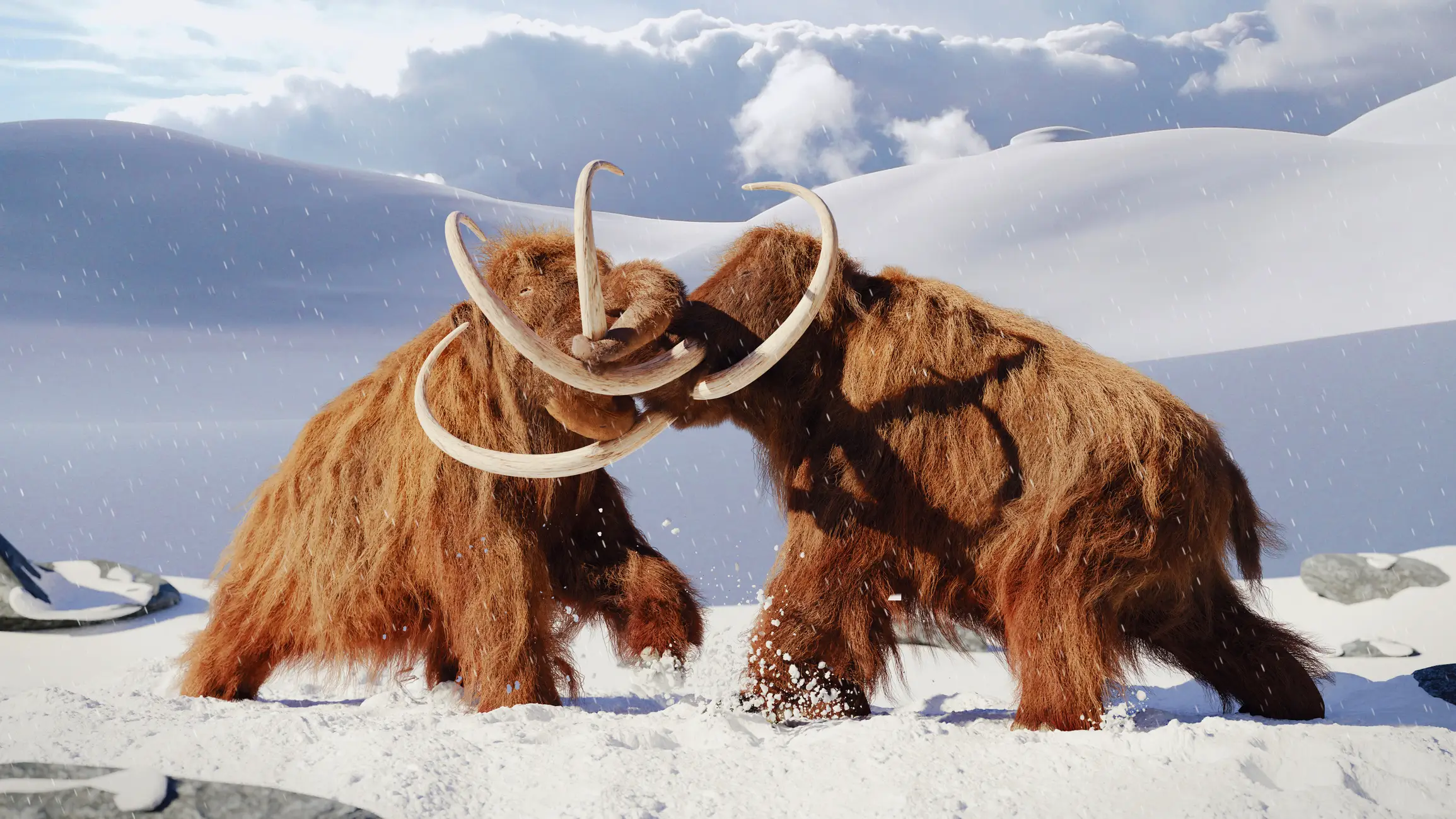
Scientists have now made a miraculous and historic discovery in Kenya, discovering the oldest protein fragments ever found in prehistoric teeth fragments stretching back 18,000,000 years.
One of the biggest challenges that archaeologists and scientists looking back into ancient history are faced with is the natural erosion that many biological elements face.
While you can discover and infer a lot from fossilised bones that extend millions of years into the past, there reaches a point where certain answers and key links to the current day become challenging and often impossible to establish.
DNA in particular is notoriously fragile and prone to decay over time, and scientists estimate that most DNA structures barely survive beyond a million years, so the discovery of protein fragments that are significantly older than current records represents a major breakthrough.
What did scientists find?
As reported by ZME Science, researchers have managed to uncover scarce fragments of protein in Kenya's Turkana Basin, locating the biological data in the teeth of prehistoric animals stretching as far back as 18 million years ago.
Advert
This is over five times further into the past than the previous oldest protein fragments, and the study, published in scientific journal Nature, could be a major step in further understanding the links between current species and their ancient counterparts.
Fragments were discovered at multiple sites across Turkana, with ages ranging between 1,500,000 and 18,000,000 years. Scientists also appeared to discover ambiguous peptides in a fossil that stretches back 29,000,000 years, although they can't say with confidence whether they are what they seem.
Proteins are key to research as while they don't hold as much data as DNA, they are still encoded with it and can therefore illuminate the evolutionary links between old and new.

The study has already outlined that 18-million-year-old rhinos from Loperot are closely related to Ceratotherium and Diceros rhinos in the modern age, and a 16-million-year-old proboscidean shares similar enamel sequences to the elephants that roam our planet today.
Paleoproteomics researcher Ryan Sinclair Paterson has outlined that "this allows researchers to clarify evolutionary relationships across the tree of life, even for species that went extinct millions of years ago."
How did the proteins survive for so long?
While the discovery itself is staggering due to its age, one of the aspects that has baffled scientists the most is the area they found them in.
These prehistoric animals were expected to have roamed the Turkana Basin, but its incredibly hot and acrid environment would typically make it incredibly difficult for DNA and proteins to survive over such extreme lengths of time.

Daniel Green, one of the lead authors of the study, outlined that "the odds weren't good" when it came to finding anything in Turkana, adding that Rift Valley, where they found many of the fragments, "has been one of the persistently hottest places in the world for going back over 5 million years."
However, it is the structural makeup of the teeth that appears to have shielded these protein fragments from environmental damage, allowing it to survive for such a long period of time.
Speaking to Reuters, Green illustrated that "Enamel is mostly rock: a mineral called hydroxyapatite," and while it contains an incredibly small amount of protein - roughly 1% in total - he adds that "whatever protein is present ends up sticking around a lot longer."
Timothy Cleland, a physical scientist at the Smithsonian Museum Conservation Institute, indicates that we're "only scratching the surface" when it comes to this discovery, so we might see further historic finds in the near future that continue to enhance our understanding of life millions of years into the past.
